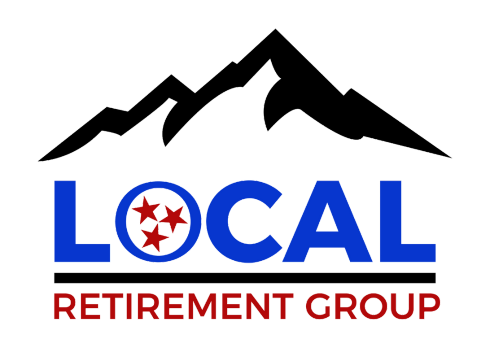Medicare vs. Medicaid: What’s the Difference?

Some people often use the terms Medicare and Medicaid interchangeably. Although these are both federal-sponsored health insurance programs, there are key differences between them. These programs can overlap, but they are distinct in terms of eligibility, costs, and coverage.
The main difference is that Medicare covers people 65 and older, while Medicaid is mostly for people with low income. To avoid confusion, this article will explain these programs to help you determine which program is the best fit for you.
What is Medicare?
Available to adults 65 years of age or older, Medicare provides health coverage regardless of income level. People with disabilities like amyotrophic lateral sclerosis (ALS) and end-stage renal disease can qualify for Medicare plans. It is made up of four parts that cover specific services:
- Part A: Hospital Stays and Inpatient Care
- Part B: Doctor Visits and Outpatient Services
- Part C: Private Health Insurance Plans (Medicare Advantage)
- Part D: Prescription Drug Coverage
Both Part A and Part B are part of the Original Medicare, which is administered directly by the federal government. On the other hand, Part C or Medicare Advantage is a bundled plan sold by private insurance companies. Part C is an all-in-one plan that includes medical insurance, hospital insurance, and prescription coverage. If you need coverage for most outpatient prescription drugs, getting Part D is recommended.
Since it’s a federal program, Medicare has set standards for eligibility and costs. This means that your coverage remains consistent no matter what state you live in.
What is Medicaid?
Medicaid is a joint federal and state financial assistance program that covers medical expenses for people with limited income. Individuals of any age and gender can qualify for Medicaid if they’re from low-income groups. People with disabilities and pregnant women can apply for coverage.
Medicaid assistance is regulated by the federal government, which means they set general rules. However, each state runs its own program with varying eligibility requirements and benefits.
The main advantage of Medicaid over Medicare is it covers nursing home care and personal care services. These are the mandatory benefits in all states:
- Inpatient and Outpatient Care
- Physician Services
- Laboratory and X-Ray Services
- Home Health Services
Depending on which state you live in, some healthcare services may not be covered. Optional benefits include prescription drugs, therapies, dental care, vision care, and clinic services.
How To Qualify for Coverage?
Once an individual turns 65, they become eligible for Medicare coverage. If you’re below 65 years old, you can qualify for as long as you have a qualifying disability or you receive Social Security disability benefits. People who have been paying Medicare taxes for at least 10 years are eligible to receive Medicare regardless of income or medical history.
On the other hand, eligibility for Medicaid is determined by income and household size. The most common groups who qualify for Medicaid are low-income adults, children and pregnant women, elders, and people with disabilities.
The specific eligibility criteria and income requirements for Medicaid can vary from state to state. Unlike Medicare, you can apply at any time because Medicaid doesn’t have specific enrollment periods. Visit your state’s Medicaid office to determine your eligibility.
Can You Have Both Medicare and Medicaid?
Qualifying for both health programs is called “dual eligibility.” People aged 65 and older who also have a limited income can benefit from both programs. In dual coverage situations, Medicare pays first, then Medicaid covers the remaining costs. When someone is enrolled in both Medicare and Medicaid, it means that they don’t have any out-of-pocket healthcare costs.
Since both programs work together to cover medical expenses, dual-eligible individuals have access to broader coverage and reduced premiums and deductibles. People who require long-term care and seniors who live in nursing homes are most likely to be dual eligible.
To find out if you qualify for dual eligibility, you may contact the Medicaid office in your area. There are also State Health Insurance Assistance Programs (SHIP) in every state where you can request assistance with your Medicare concerns.
Call our Licensed Insurance Agents
Navigating the complexities of both Medicare and Medicaid is challenging without the help of a professional. At Local Retirement Group, we specialize in Medicare plans and insurance policies. Our local agents will assess your situation, review your eligibility status, and assist you every step of the way. Give us a call today for more details.










